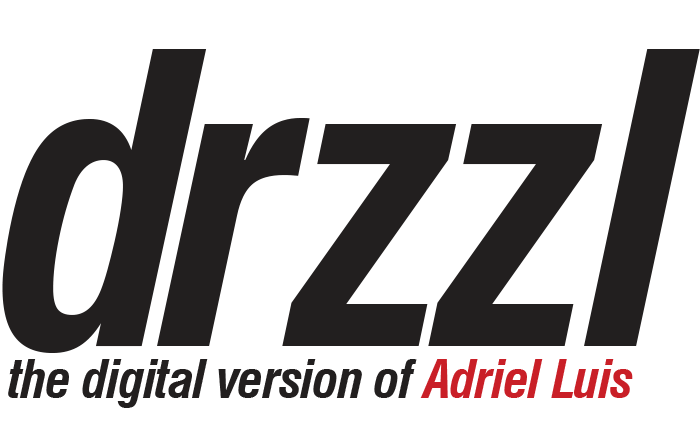I’ve been thinking a lot about what it means to build a community. It’s what I studied in school, and is what colored the activism and work that I’ve done for the past 15 years. Community is a word that, when spoken in the Bay Area where I grew up, immediately offered a tone of warmth, belonging, just cause. When Sarah Palin spoke the words “community organizer” with a tone of disgust, I was offended, but mostly baffled. I had never heard that word weaponized. When I entered the fine arts world and learned that community arts was frowned upon, I was baffled, but mostly offended. I had never thought of that word as less than.
A few months ago, a curator took me to task when I told her that the entire axis that my work spins upon is that of building community. “But what does that even mean?” she asked. “Who exactly is your community?” I looked around at the colonial buildings of Singapore that loomed over our café table. I suddenly felt foreign. I realized that I’ve been truly treating this world like it was my oyster, proud of the fact that I could land in almost any country and make friends within a day or two. Is that what my community is? Just my friends and the people who I like?
A few months later, I heard another curator shrug off the word, but in a different way. “I don’t really like to use the word community, because it’s constrained to people with common interests and agendas,” she said. “I prefer the word society.” I looked around again, this time from inside a museum auditorium in Australia. I saw all the pensive brown and black faces in the room. And then it occurred to me that these are all just words.
The art world is quick to roll their eyes when someone asks, “But what is art?” It’s an inescapable debate that never turns out an answer. It quickly becomes a hot potato for people to pass around so they can emit their intellect, there thinking-ness (not necessarily the same as thoughtfulness). But the “What is community?” question can feel so much heavier. It’s not always open to discussion, even if everyone in the room envisions different boundaries for what that could be. What makes the defining of community so much more white-hot than defining art, is that we are community, in ways that we can’t say that we are art. When I was questioned about who my community is, it felt like my own being was questioned. I can’t say that I was offended or baffled, but my body responded as if I were. I spent the rest of the day lost in my head, and in some ways the question lingers whenever I utter the word.
I’m not sure it’s the most productive thing to do to actively seek to answer the question of who is and isn’t in my community. I’m sure the historians could tell me how the search for this answer has built and destroyed nations, the activists could trace this on the rise and fall of movements, and the algorithms could reveal this based on who I follow online. But I do know that community isn’t a club and I’m not a bouncer. And since the only person I can truly testify is and will always be part of all my communities is me, maybe it’s okay for the search for this definition is as epic, complicated, and trivial as the search for self.

